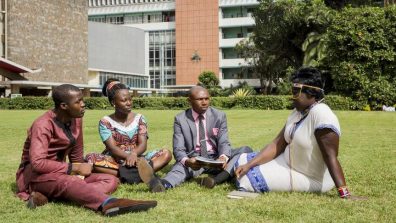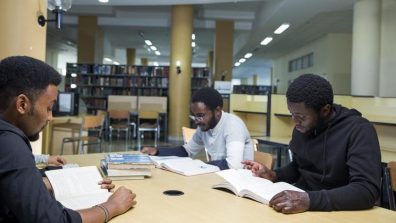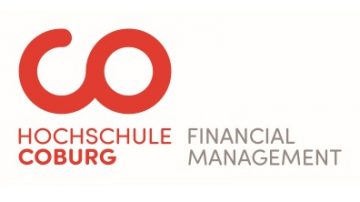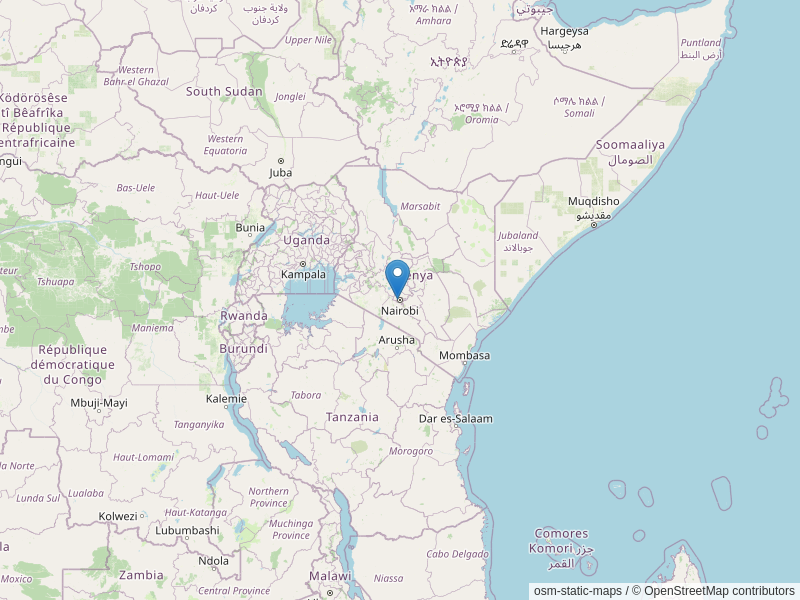DAAD In-Country In-Region Programme
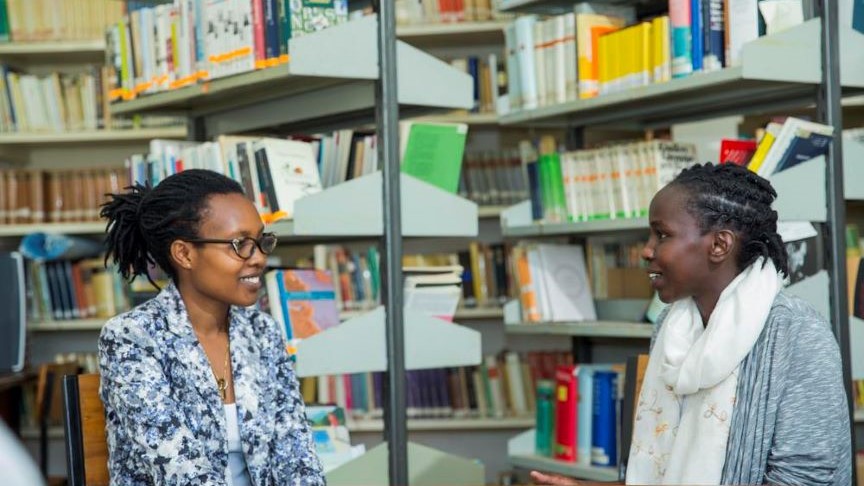
Background
In many developing countries top-level university teachers are scarce, especially in the area of development-related subjects. This limits the quality of university education: due to the small number of highly qualified lecturers it is not possible to provide enough adequate study places. A well-developed higher education sector is essential for training the professionals and managerial staff that can be highly conducive to the political, economic, and social success of developing countries.
The In-Country/In-Region programme in developing countries ought to contribute to train highly qualified professionals and managerial staff for sustainable development in the partner countries and for the development of top-quality, cosmopolitan universities. The programme thus offers scholarships to future university teachers from developing countries for postgraduate courses and for doctorates. They study at universities in their home country or at highly qualified institutions in the region, some of which are organised in networks.
The partner universities and partner institutions in the respective countries are intermediaries, but profit directly from the programme through tuition fees. The regional focus of the programme is sub-Saharan Africa; however, very similar programmes are run in Central America, South America, South and South-East Asia, and the Middle East.
Programme objectives
The objective of the programme is to qualify graduates for taking on positions of responsibility in development-related areas in teaching and research. It also aims to promote the participation of women and disadvantaged groups and to strengthen the organisational, financial, and personnel capacities of the partner institutions.
Supported programmes
Here is an overview of the funded institutions:
Please note that the call for applications for the Southern Africa programmes below is open. The deadline for applications is April 09 2024. You can review the call for applications documents for useful programme and application information.
(Post)graduate programmes in Southern Africa for which DAAD scholarships are offered:
| Country | Institution | Degree | Programme | Start of Study (2025) |
| Malawi | Lilongwe University of Agriculture and Natural Resources (LUANAR) | Master | Aquaculture and Fisheries | January |
| Namibia | Namibia University of Science and Technology (NUST) | PhD | Computer Science | February |
| South Africa (only In-Region)* | University of Cape Town (UCT) | Master | Urban Studies – Southern Urbanism | February |
| University of the Western Cape (UWC) | Master | Development Studies at ISD | February | |
| PhD | Development Studies at ISD | February | ||
| Stellenbosch University (SUN) | Master | Molecular Biology and Human Genetics (MBHG) | February | |
| South Africa (only In-Country)* | National Research Foundation (NRF) | Master | January | |
| PhD | January |
*Please note that South African (ZA) students cannot apply for In-Region scholarships through this programme tender. In-Country students from South Africa (ZA) can apply through the DAAD-NRF Joint Scholarship Programme.
The call for applications for the other programmes below is closed. You can still review the call for applications documents for useful programme and application information.
(Post)graduate programmes in West and Central Africa for which DAAD scholarships are offered that will have calls later in the year:
| Country | Institution | Degree | Programme | Start of Study (2024) |
| Benin | University of Abomey-Calavi (UAC) | Master | Statistics, Major Biostatistics | September |
| PhD | Agronomic Sciences, Major Biometry | September | ||
| Cameroon | University of Dschang | PhD | Parasitology | November |
| PhD | Pharmacology | November | ||
| Ghana | University of Ghana – The West Africa Centre for Crop Improvement (WACCI) | Master | Seed Science and Technology | October |
| University of Ghana – The West Africa Centre for Cell Biology of Infectious Pathogens (WACCIBIP) | Master | Molecular Cell Biology of Infectious Diseases | October | |
| University of Ghana – Institute of Statistical Social and Economic Research (ISSER) | PhD | Development Studies | October | |
| Nigeria | Federal University of Technology | Master | Metallurgical and Materials Engineering | October |
| PhD | Metallurgical and Materials Engineering | October | ||
| Benue State University | Master | Food Chemistry | October | |
| PhD | Food Chemistry | October |
(Post)graduate programmes in Southern Africa for which DAAD scholarships are offered that will have calls later in the year:
| Country | Institution | Degree | Programme | Start of Study (2024) |
| Botswana | Botswana International University of Science and Technology (BIUST) | Master | Physics (by Research) | August |
| Malawi | Malawi University of Business and Applied Sciences (MUBAS) | Master | Environmental Health | October |
(Post)graduate programmes in Eastern Africa for which DAAD scholarships are offered that will have calls later in the year:
| Country | Institution | Degree | Programme | Start of Study (2024) |
| Kenya | Moi University – East and South African-German Centre for Education Research Methodologies and Management (CERMESA) | Master | Education in Research | September |
| Dedan Kimathi University of Technology (DeKUT) | Master | Food Science and Technology | September | |
| Jomo Kenyatta University of Agriculture and Technology (JKUAT) | Master | Energy Technology | September | |
| Master | Soil and Water Engineering | September | ||
| PhD | Soil and Water Engineering | September | ||
| Moi University | PhD | Biostatistics | September | |
| Partnership for African Social and Governance Research (PASGR) | Master | Research and Public Policy (MRPP) | September/October | |
| Pwani University | Master | Bioinformatics | September | |
| Tanzania | Ardhi University | Master | Geomatics | November |
| Nelson Mandela African Institution of Science and Technology | Master | Embedded and Mobile Systems | September | |
| Uganda | Busitema University | Master | Public Health | September |
| Mbarara University of Science and Technology | Master | Biology (Natural Resources Ecology, Management and Conservation) | August/September | |
| Master | Biology (Microbiology and Parasitology[MAP]) | August/September |
DAAD Scholarship database:daad.de/go/en/stipa10000486
